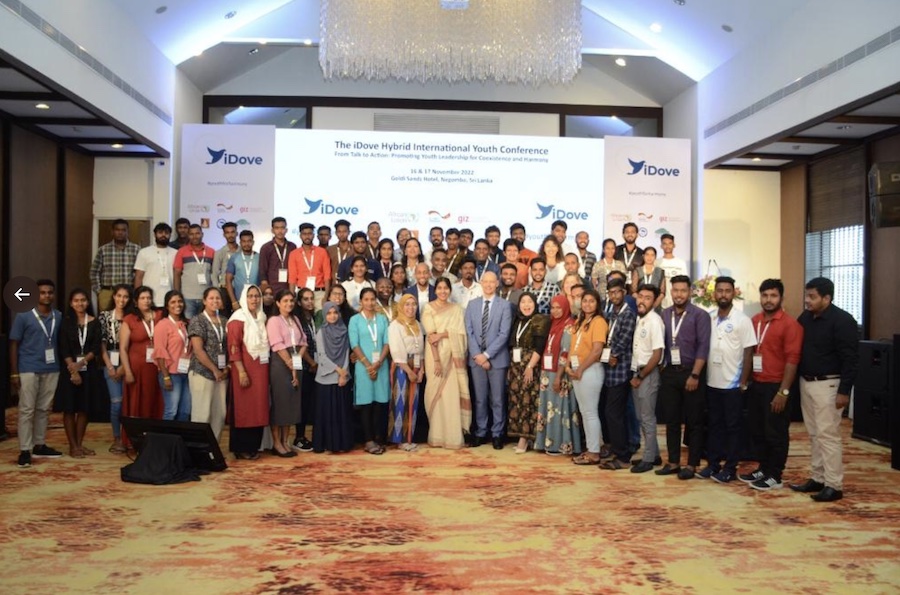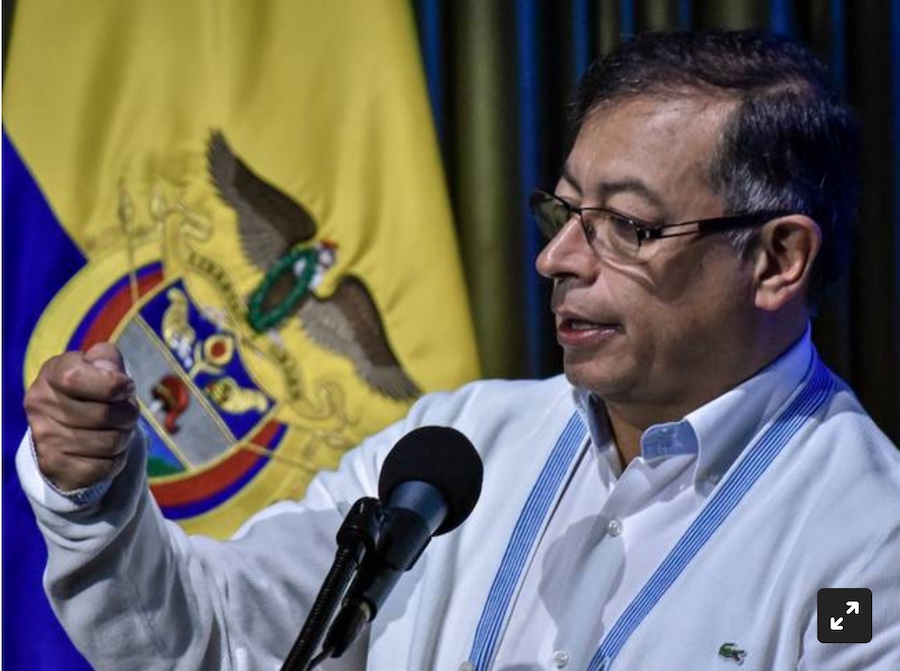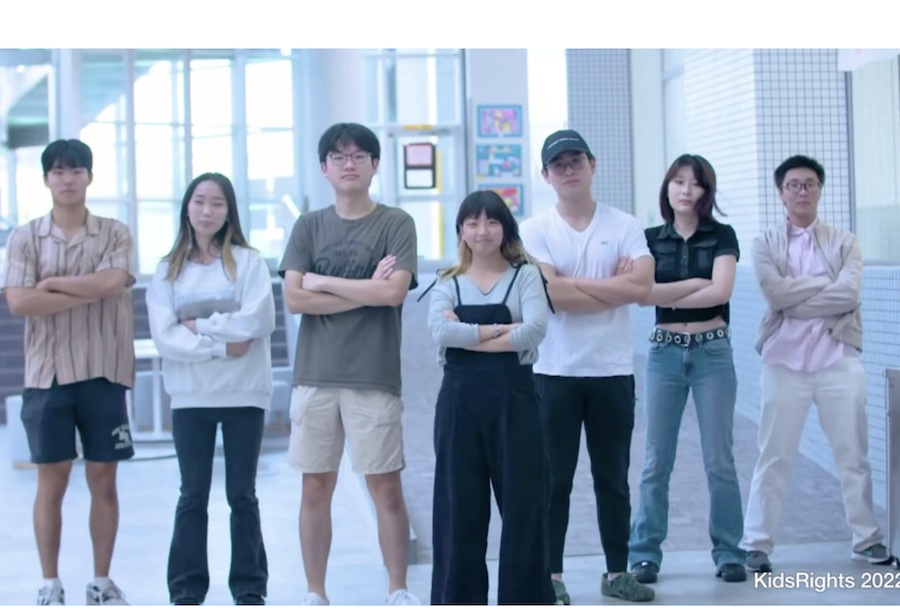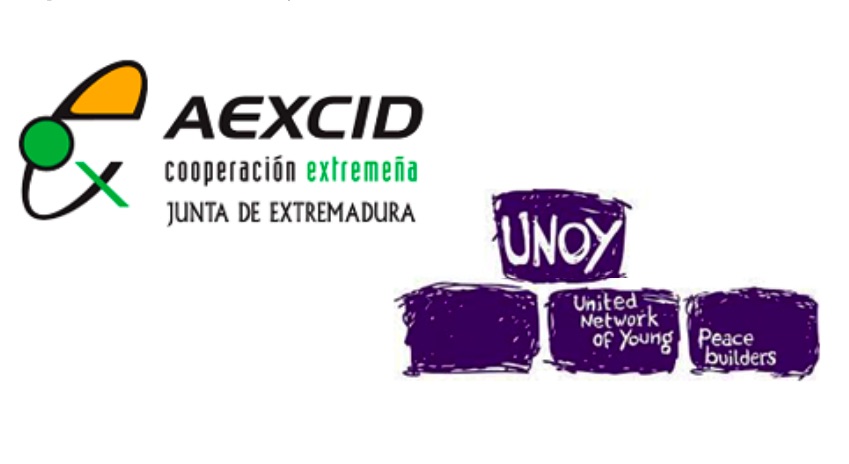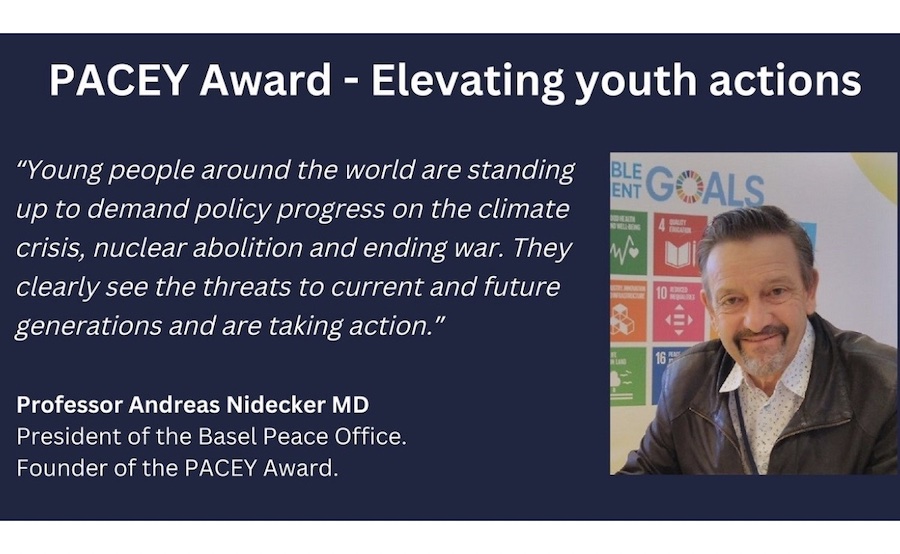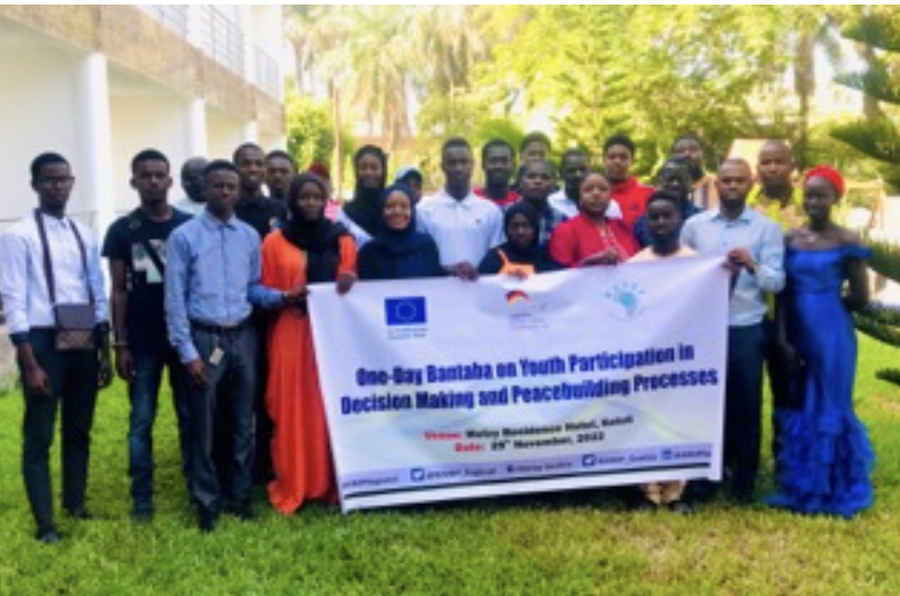TOLERANCE AND SOLIDARITY .
An article from ACI Africa
The ecumenical visit to South Sudan undertaken by Pope Francis, the Anglican Archbishop of Canterbury, Justin Welby, and the Moderator of the Church of Scotland, Rev. Dr. Iain Greenshields, is a challenge to be instruments of peace and hope to the people of God in the East-Central African nation, ACI Africa has been told.
Pope Francis ended his ecumenical trip in South Sudan with a farewell ceremony at Juba international after presiding over Holy Mass at the grounds of Dr. John Garang Mausoleum.

Photo credit: Vatican Media
More than 100,000 people participated in the Papal Mass that was held at the Mausoleum commemorating Dr. John Garang, a liberation leader known as the “father of South Sudan”.
In an interview with ACI Africa at the Papal Mass venue, a member of Solidarity with South Sudan (SSS), an initiative of the International Union of Superiors General (UISG) and the Union of Superiors General (USG), established in response to a request from the members of the Sudan Catholic Bishops’ Conference (SCBC), described the ecumenical trip as an “epoch-making visit”.
“The fact that the three of them have come together to visit us in South Sudan gives a great signal that we can come together as Christians to work together for peace,” Sr. Cecilia Nya said.
The Nigerian-born member of the Society of the Holy Child Jesus (SHCJ) emphasized, “South Sudan is mostly a Christian country, so we can come together to work together for peace.”
Sr. Nya who serves at the Good Shepherd Peace Center went on to recall the 11 April 2019 dramatic gesture when Pope Francis knelt and kissed the feet of President Salva Kiir and opposition leader Dr. Riek Machar among other South Sudanese political leaders.
She is both ecumenically and interfaith minded and works “The powerful gesture that Pope Francis made … by inviting the President and the Vice presidents and the politicians of this country to Rome for a special retreat was a fantastic gesture and in fact I heard somebody saying one of the politicians who was there saying that he cried,” she told ACI Africa on February 5 just before the Papal Mass started.
Sr. Nya who has previously been part of SHCJ Leadership Team continued, “This coming of the Pope to South Sudan is a clarion call that let our hearts be broken, not our garments torn. I think it is a big call for all of us to join hands to fan into flame the fire that Pope Francis has ignited by this visit.”
“All of us from the top to the bottom, from the grassroots, everybody has to be more committed to working for peace, to ensuring that peace is restored in the land,” she said.
The SHCJ member who, from 2009 to 2014, served on the Board of Directors of UNANIMA International, a non-governmental organization advocating on behalf of women and children, immigrants and refugees, and the environment, expressed confidence in realizing peace in South Sudan, saying, “We can make it; we’ve got the Spirit working in and through everybody.”
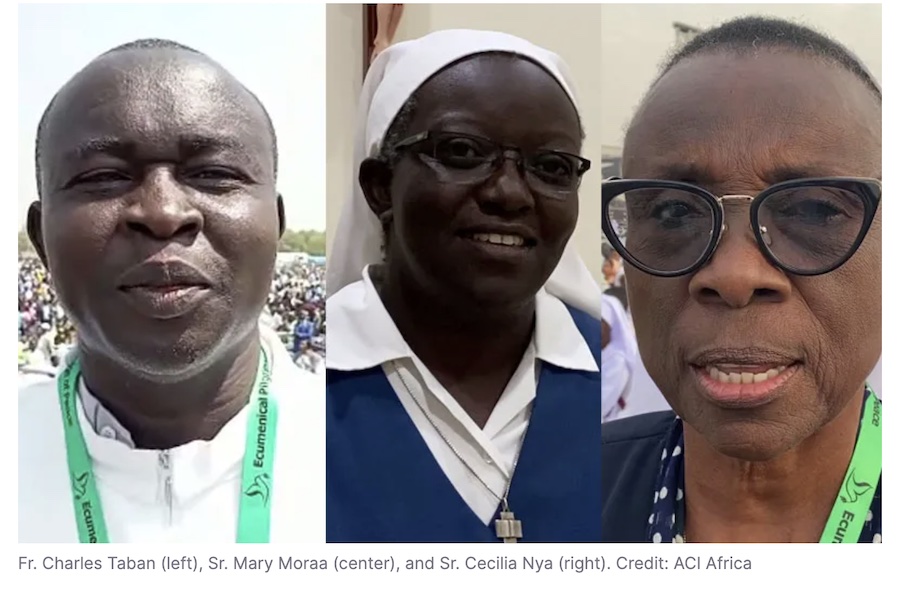
On her part, Sr. Mary Moraa told ACI Africa that the Apostolic Journey of the Holy Father was “timely and appropriate for us here in South Sudan, especially for what has been going on in these past days.”
The member of the Pious Society of the Daughters of St. Paul (FSP) explained, “South Sudan is a country that has suffered so long in civil wars since 1956. So, in a way, the Pope comes to call us, that we become the people who give hope and peace to the people of South Sudan.”
(Article continued in right column.)
Religion: a barrier or a way to peace?, What makes it one or the other?
Where in the world can we find good leadership today?
(Article continued from left column.)
“People live without hope because of the so much suffering that they have gone through,” Sr. Moraa said during the February 5 interview, adding that “as a person who is supposed to become salt and light, I’m supposed to become that hope that there is a better tomorrow … to bring light in the moment of darkness for these people who have suffered for so long.”
The Kenyan-born FSP member who has been in South Sudan since last August further said, “I pray and hope that the words of the Pope will sink deep into the hearts of our leaders and that they will implement them.”
“Differences on tribal lines should be kept aside and we all work for peace,” Sr. Moraa went on to say, and added, “We need a break from this suffering; all the blood that has been poured has to come to an end … We need a better tomorrow; we need a better South Sudan.”
She reflected on their apostolate in the light of the exhortations of the Holy Father. “As a Congregation of the Daughters of Saint Paul, I think we are also called to become these channels of peace and hope to the people through our apostolate,” she said.
“We are involved in the means of social communication,” Sr. Moraa who has previously served in Uganda, Zambia, Malawi, and her native country of Kenya said, and added, “in the books that we distribute, the major theme in this our South Sudan should be peace and hope so that all the tribes feel that we are working for them.”
“I feel that it’s a challenge that has been brought to us as Daughters of St. Paul to work on this peace in South Sudan in our own ways through the means of social communication that we use in our apostolate,” she said during the February 5 interview in Juba, moments after the Holy Father left for Rome in the company of Archbishop Welby, and Rev. Dr. Greenshields.
“The visit of the Pope has just ended, and from it I take the following for myself: to become Moses, to become salt and light for the people of South Sudan,” Sr. Moraa told ACI Africa.
In carrying out the apostolate as Daughters of St. Paul in South Sudan, she continued, “we are not favoring anybody but we are working for all of them to become one, to become peaceful in their coexistence among themselves, so that we have one country, not a country that is divided among individuals on the lines of tribes and clans.”
Also speaking to ACI Africa after the Papal Mass on the grounds of Dr. John Garang Mausoleum, a member of the Religious Institute of the Salesians of Don Bosco (SDB) said he was touched by the simple gesture of Pope Francis visiting South Sudan.
“I am touched by the simple gesture of the Holy Father coming to our land. This land where there is violence, there is war and all kinds of atrocities yet this Holy man, this humble man comes to us, to be with and to reassure us that better days will surely come,” Fr. Charles Taban said.
The South Sudanese Catholic Priest who ministers among young people in Sudan’s Catholic Diocese of El Obeid added in reference to Pope Francis, “We are encouraged by his presence.”
“We admire the Holy Father for the powerful messages he has left to us,” Fr. Taban said, and added, “The message of hope that he has left to us will give us a kind of impetus to move forward and to work for peace and reconciliation in this country,”
He continued, “I am certain of our politicians; they are all Christians and for certain they have been moved by the message of the Holy Father and above all by the gesture that he made by coming to be with us.”
The native of South Sudan’s Wau Diocese urged all people of goodwill to “to help us in whichever way you can, in your own capacity to help us build a true culture of peace in South Sudan.”
For the Archbishop of Ethiopia’s Addis Ababa Archdiocese, the realization of the previously postponed Papal trip to Africa was “a great joy”.
“A great joy that he finally came to South Sudan because as you know he was supposed to come some months back but he finally came and greeted the people,” Berhaneyesus Demerew Cardinal Souraphiel said about Pope Francis, adding, “He is an instrument of peace and South Sudan needs peace and he spoke also to the leaders yesterday, to the nation (about) enough conflict, enough war.”
In the February 4 interview with ACI Africa at St. Theresa’s Cathedral of Juba Archdiocese, the Cardinal who serves as the President of the Catholic Bishops’ Conference of Ethiopia (CBCE) said South Sudan “is a beautiful country; it is a young country that needs peace and reconciliation and reconstruction.”
“I have the confidence that his (Pope Francis) message has gone down to the people and also to the political leaders,” Cardinal Souraphiel, a member of the Congregation of the Mission (CM) said.

